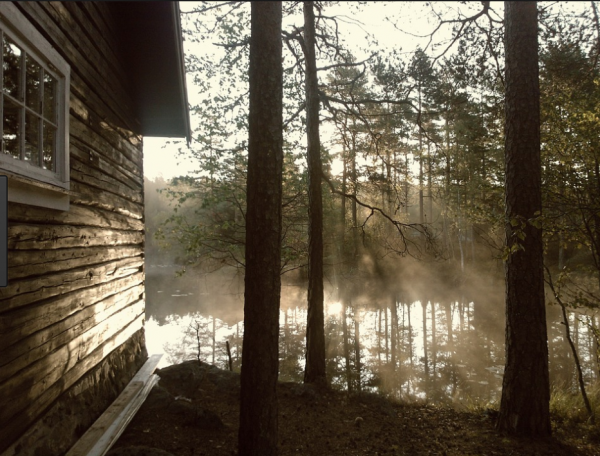As if on cue, the Harvard Crimson steps forward in the midst of the Ted Cruz controversy to demonstrate that, yes, campus liberals are intolerant. In an editorial entitled “Warning: Do Not Enroll” the enlightened future journalistic leaders of the Crimson staff take aim at alumni critics such as Cruz, Mitt Romney, and Bill O’Reilly, calling their criticism (and this is rich, considering the recent cries of “McCarthyism” against Cruz) “episodes of treachery.” Here’s my favorite part:
If only we could have spoken to a young, wide-eyed Ted Cruz, Mitt Romney, or Bill O’Reilly. We would have assured them that it was okay to be anti-intellectual, and that millions of people around the world do it every day. Although we didn’t share their dread of academia, we would have tried to make them feel comfortable with the lifestyle they were preparing to lead. We would have attempted either to disabuse them of whatever cognitively dissonant impulses gave them the urge to attend Harvard or, at the very least, try to prepare them for the potentially scary environment that awaited them. For one, we would warn them that Harvard has a few liberals.
This is hilarious. First, not in a million years would the Crimson dare write such an editorial about critiques of Harvard from the Left. In fact, when I was there it was the Left that stormed administration buildings — often at the bidding and instigation of radical faculty. Did the Crimson say “love it or leave it” then? No, then the mantra was more like “hate it and change it.”
Second, the idea that conservatives who attend Harvard have some kind of “dread of academia” is similarly amusing. No, my conservative classmates and I attended Harvard in large part because we were seeking an academic challenge, because we wanted to experience life at allegedly the best academic institution in the world. We did not bring anti-intellectualism to Harvard; anti-intellectualism was inflicted on us.
In my post yesterday, I described the atmosphere in the early Nineties (when Ted Cruz and I attended HLS): shout-downs were common, radical students would try to sabotage conservatives’ job prospects, and even some professors were nothing short of venomous in their interactions with conservative students. Is that “intellectual”? I’ve heard the climate has improved dramatically since my time in school, but no fair-minded individual can look at the Harvard of the Ted Cruz era and think the climate was anything other than intolerant of conservative thought.
To be honest, I have profoundly mixed feelings about Harvard. As I said to a classmate on Facebook last night, I made friends — Right and Left — that will last a lifetime, and there’s nothing quite like learning what you believe and why when constantly challenged and hectored by your ideological opposition. While there were some bad days, I simply refuse to believe that we conservatives should abandon an almost 400-year-old American institution — arguably the most important academic institution in the world — to one side of the political, cultural, and religious debate.
Last Fall I was visiting friends in Boston and took a walk through Harvard Yard. There are few places quite like it, and I distinctly remember waking up each day in law school grateful to God for the opportunity to attend — and I stayed grateful even amidst the booing and hissing and hatred. On occasion, I’ve had the chance to speak on campus and have been impressed by the thoughtfulness and conviction of the conservative students there. I confess they are much better ambassadors for conservatism than I ever was.
Conservatives will still apply — and they will engage and confront the anti-intellectualism embodied by the Crimson’s article. Liberalism at Harvard is no more invincible than any other intellectual trend that has captured the campus throughout its centuries-long history. A stroll through Memorial Hall is a poignant reminder of the martial and moral courage of Harvard’s past.
Sorry, Crimson. We’ll keep coming, and — given enough time — I think we just might win.
This article was adapted from one that first appeared in National Review here. Follow David on Facebook and Twitter, and read more of the French Revolution blog.










